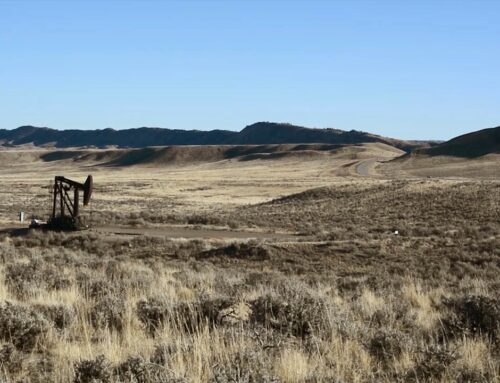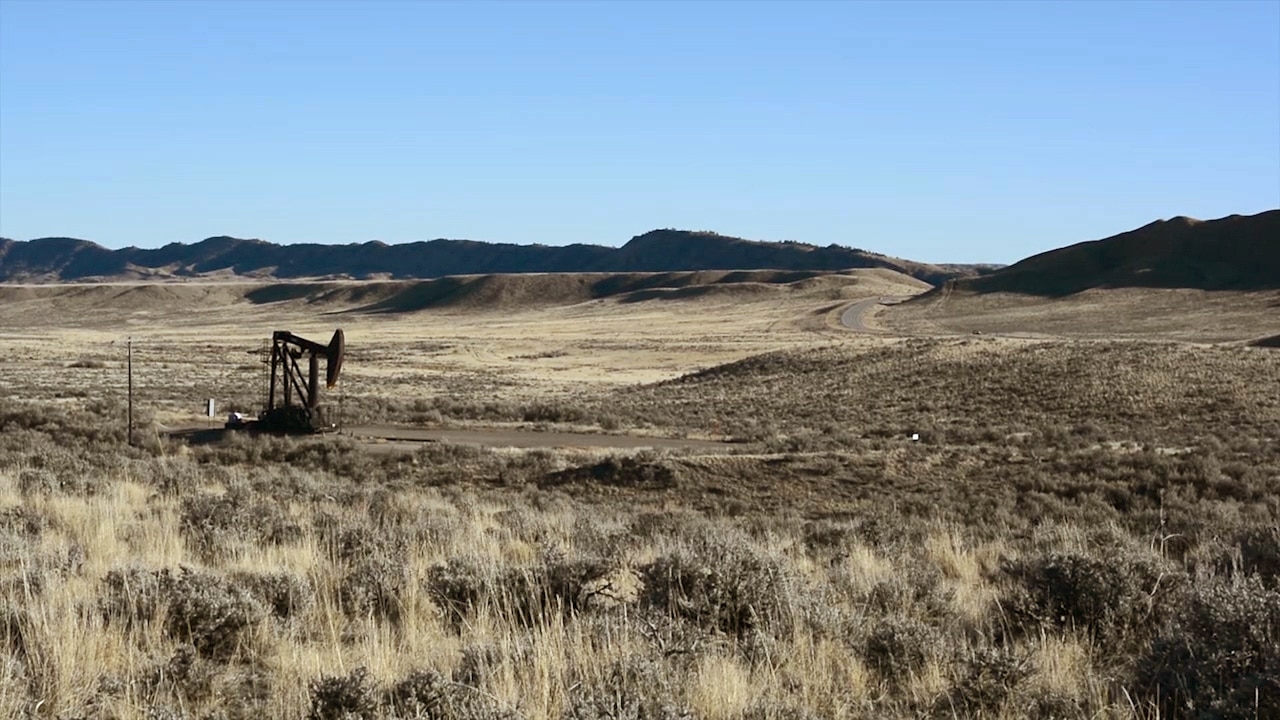Today, the Department of the Interior’s Royalty Policy Committee (RPC) will meet for the third time. The RPC is an advisory body that was authorized in March of 2017 by Interior Secretary Ryan Zinke to evaluate current policies governing the management of federal natural resources, and advise his department on possible reforms. The committee’s charter states it will provide “advice to the Secretary” and “ensure the public receives the full value of the natural resources produced from Federal lands.” While it was a good idea in theory, the committee and its activity to date have left much to be desired for taxpayers. Committee membership has been heavily weighted with industry officials who, unsurprisingly, have advocated for less oversight and accountability, and a reduction in royalty payments at taxpayers’ expense.
The first meeting of the RPC took place on October 4, 2017 in Washington, D.C. at the Department of the Interior’s headquarters. Much of the first meeting was administrative in nature: the committee voted to form its three current subcommittees – Tribal Affairs, Fair Return & Value, and Planning, Analysis, & Competitiveness – and set out a tentative schedule for future meetings. The Department of the interior also presented to the committee membership on issues it currently faces with respect to royalty policy. The three subcommittees have since subdivided into smaller “Working Groups” in order to tackle more specific issues (see image below).
The RPC’s second meeting was hosted in Houston, Texas on February 27, 2018. The three subcommittees presented to the full committee, described the challenges they faced within their issue areas, and provided recommendations for policy changes. In total, there were 16 recommendations, all of which were adopted by the RPC unanimously without debate. Many of the recommendations, if pursued by Interior, would be harmful to taxpayer interests.
The Royalty Policy Committee structure:
TCS president Ryan Alexander has presented comments at the first two meetings and will give comments today. Read more here.











